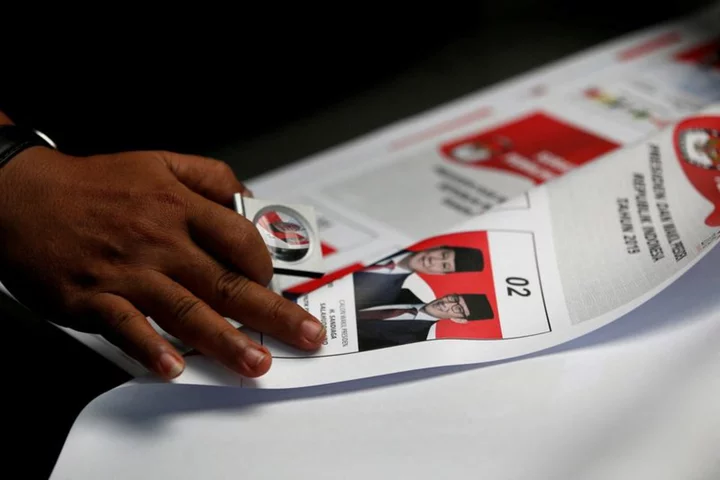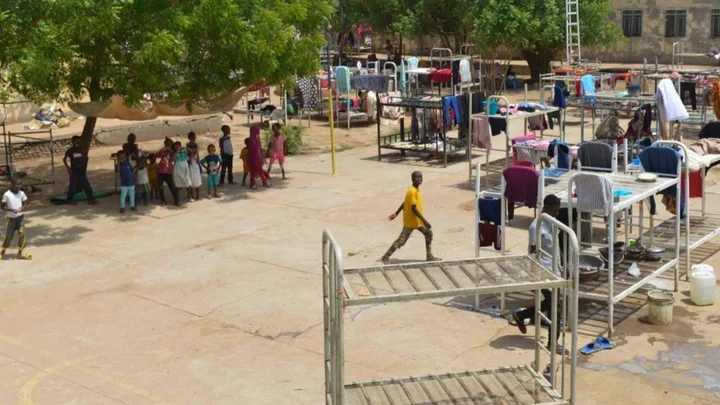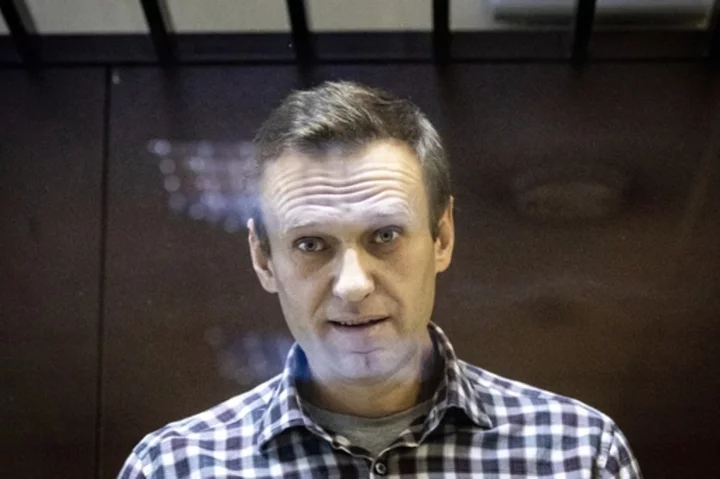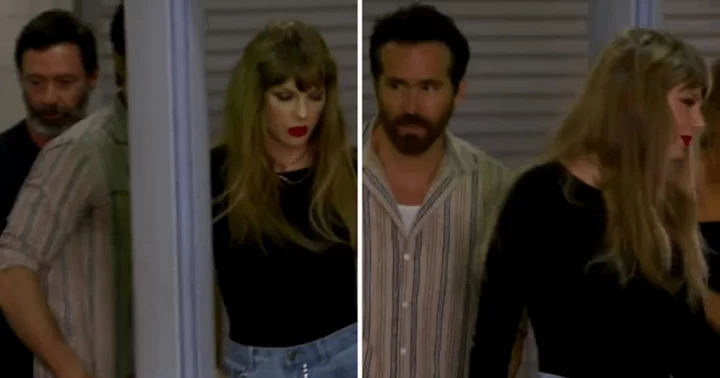(Corrects total number of judges to 8, not 9, in paragraph 4)
By Ananda Teresia and Kate Lamb
JAKARTA (Reuters) -Indonesia's Constitutional Court on Thursday rejected a lawsuit seeking a change to the country's election ballot system, clearing a hurdle that could have complicated an election just eight months away.
Indonesia is set to hold simultaneous legislative and presidential elections in February 2024.
The case, brought by several politicians including from the ruling Democratic Party of Struggle (PDI-P), had sought a return to the closed ballot system, which had fueled concern about political interference in next year's polls.
A bench of eight judges on Thursday rejected the petition 7 to 1. Indonesians currently vote directly for individual lawmakers and will continue to do so in future polls.
Reading the judgement, one judge, Suhartoyo, said the open system was not without its flaws but was more inclusive and democratic, while the closed system lacked transparency, limited public participation and was prone to nepotism.
Responding to the decision, PDI-P legislator Arteria Dahlan said the party would abide by the ruling.
"We have to admit the court's review is very comprehensive. We respect the court decision," he said.
Critics had said changing the current open system would have taken the world's third-largest democracy back to the era of authoritarian rule, when only heads of political parties were empowered to appoint lawmakers.
Eight out of nine parties represented in parliament, including those allied with the ruling PDI-P, had denounced the petition.
The timing of the case, just eight months out from next year's simultaneous presidential and legislative elections, had raised eyebrows in the Southeast Asian nation, with speculation the case could be used to engineer an election delay.
The case was one of a series of unusual legal moves that analysts say point to attempts to extend the tenure of President Joko Widodo, who was first elected in 2014, and ends his second and final term in 2024.
Jokowi, as the president is known, has denied that he is seeking to extend his time in office beyond the two-term limit and recently stated that he would not do anything that would "tarnish democracy".
(Editing by Kanupriya Kapoor and Martin Petty)









